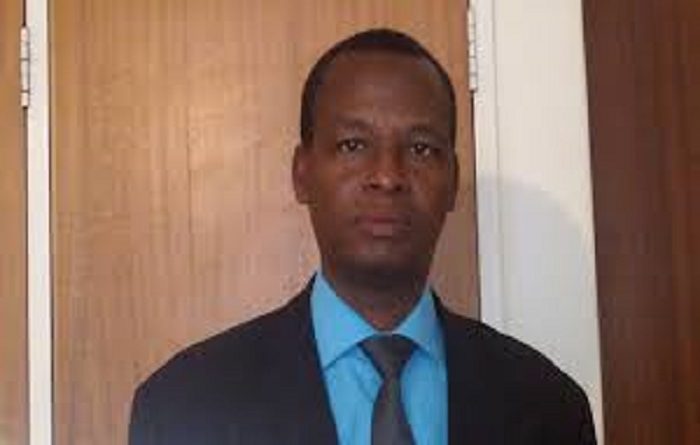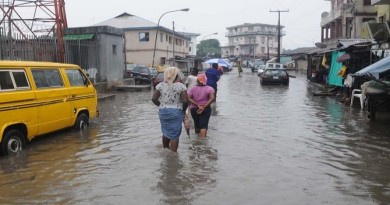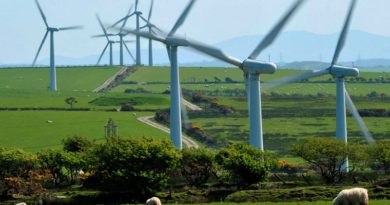Adaptation Fund accredits UNIDO as its 52nd implementing entity to further adaptation action
The United Nations Industrial Development Organization (UNIDO) was accredited by the Adaptation Fund as its 52nd implementing entity, following a virtual intersessional Board decision in late November.
UNIDO is the 14th multilateral implementing entity to be accredited by the Fund, joining six regional and 32 national implementing entities with the capability to identify and develop effective adaptation projects throughout the world.
“UNIDO is excited about its accreditation as a Multilateral Implementing Entity of the Adaptation Fund and is looking forward to engaging with relevant stakeholders to develop country-driven and -owned adaptation interventions,” said UNIDO Director General, Mr. LI Yong. “We want to support vulnerable communities as they strive for climate resilience and improved livelihoods. We are honored to be part of the Fund’s family of implementing entities and are convinced that UNIDO’s mandate of inclusive and sustainable industrial development can add a lot of value to the scope of projects supported by the Fund.”
UNIDO also marks only the second entity after the UN Food and Agriculture Organization to successfully go through the Fund’s ‘Fast-Track Accreditation’ process.
The Fast-Track Accreditation route is unique in that it makes it possible for applicant implementing entities that have already obtained accreditation with the Green Climate Fund [GCF] to benefit from a more efficient and quicker process. The Adaptation Fund provides a reciprocal fast track accreditation process for GCF to further foster synergy between climate funds. Several of the Adaptation Fund’s entities have also been reaccredited through a similar fast-track ‘reaccreditation’ process.
UNIDO was accredited with GCF in August 2020, making it eligible to be fast-tracked with the Adaptation Fund.
“The accreditation of UNIDO is a significant step towards ensuring that the Adaptation Fund is able to serve vulnerable countries and communities with needed financial support for an even wider range of technical solutions to help them effectively adapt and enhance their resilience to climate change, including through local economic development and diversified livelihoods,” said Mr. Mikko Ollikainen, Manager of the Adaptation Fund. “It is also great to see our fast-track accreditation policies making a difference in enhancing access to climate finance for implementing partners to support vulnerable countries.”
UNIDO’s history of leadership in implementing concrete adaptation projects in member developing countries makes it an important partner in the fight against climate change. It is a specialized UN agency whose mandate is to promote industrial development for poverty alleviation, inclusive globalization and environmental sustainability. As of April 2019, UNIDO’s membership consisted of 170 States, including 34 Small Island Developing States and 44 Least Developed Countries.
UNIDO helps governments and industries develop climate resilient practices through policy advice, vulnerability assessments, implementation of adaptation technologies and low-carbon inclusive, sustainable industrial development.
It further has more than two decades of close partnership with the Global Environment Facility, with several adaptation projects in developing countries that are helping to improve the environmental performance of industries and produce co-benefits such as human health, job creation and shared prosperity.




